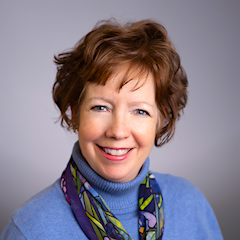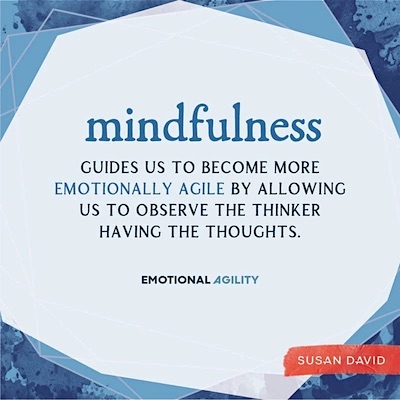Cathy’s Goodbye: “Round and Round in the Circle Game”
As she retires from her leadership role, Cathy Gassenheimer recounts highlights from ABPC’s first two decades of professional learning and network building and shares her four most important lessons learned. “I am eternally grateful for all those who have made this journey so rewarding,” she writes. “The list is long, and I hope I have the opportunity to thank many of you in person as we all continue to travel on the carousel of time.”










